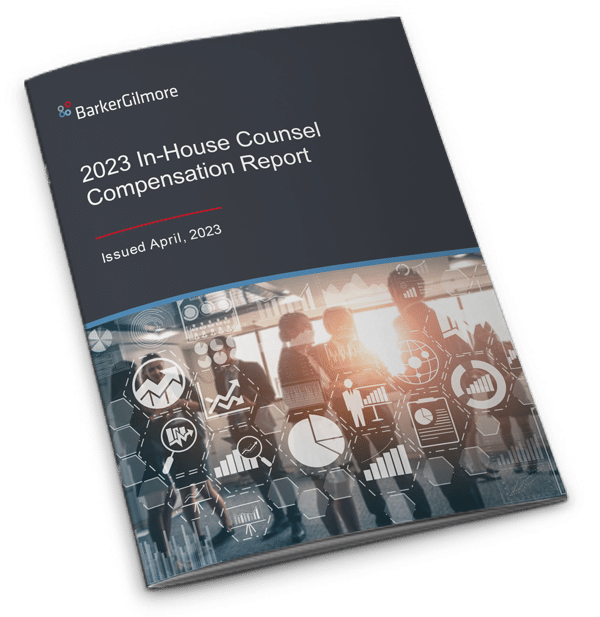CCOs have long been an integral part of the legal landscape. The seven elements outlined by the United States Sentencing Commission not only serve as the baseline of CCO responsibility, but also as a good tool for helping management and boards of directors develop internal compliance programs to assure adherence to regulations. Over the past few years, however, many CCOs have transformed their role from that of a watchdog and enforcer, typically from the legal department, to a strategic business partner, frequently with the authority of the board room.
Revealing some of their newly found power, CCOs and board members interviewed for DLA Piper’s 2017 Compliance & Risk Report: Compliance Grows Up reflected on what is happening now: “It also points to another trend evident in our survey results. Respondents are increasingly able to affect change, procure adequate resources, access senior leadership and run strong compliance programs, even in the absence of heightened regulatory risk or enforcement. Taken together, these data points indicate that the compliance function is gaining independence and stature within organizations. They could also point to compliance officers’ growing ability to demonstrate the value of compliance beyond risk management.”
Strategy-focused CCOs are being welcomed into the board room, but the skills they need to cultivate their stature and help their companies succeed are very different from the core competencies that may have originally fueled their success in the regulatory environment. The successful, strategic CCO of today must master these seven critical skills:
Be Wise to the Enterprise
Every leader at the table understands what makes the company tick and the same goes for today’s successful CCOs. In-depth knowledge of how the company generates revenue and/or succeeds at its mission is job #1 for a CCO. A thorough understanding of business operations is the foundation for building a compliance program focused on the sticky issues that can prevent a company from meeting its goals. A top CCO knows that to find, fix, and prevent misconduct, they must first understand how the business works.
Be an Effective Communicator and Listener
A successful CCO needs to get a clear message across to widely disparate audiences. The first step is to know and understand the audience. This is accomplished by asking questions and actively listening. Reach out to others so they know you are interested in what they do and in their concerns and ideas. A good CCO is visible and accessible. Being “seen” is a form of communication and the CCO who is known will be able to garner support. An effective CCO is interpersonally sophisticated and knows that to gain buy-in at any level, people need to feel that they have been heard.
Be a Relationship Builder
Good communication is critical for making connections, but the communication effort must be sustained to grow meaningful relationships. Great CCOs know that they need a reliable internal network through which to spread the compliance message. Good relationship builders have more connections – bridges throughout the organization – which allow the compliance message to penetrate the culture.
Be a Respected Leader and Team Player
Being good at what you do and working well with others lay the foundation for success. CCOs must be engaged and practical and have a positive attitude about the organization and the compliance program. This attitude must be on display for everyone to see. Respected leaders are trusted leaders. They treat others fairly, develop strong teams, and advocate for the advancement of others. They get “down in the trenches” when they need to.
Be a Master Influencer
If a CCO is a trusted and respected colleague and leader, they will have the power to influence compliance and business outcomes. Change is difficult for many, so a CCO must be able to get people on board with the compliance mission and convince them to change, if need be. They must win over the hearts and minds of their team, their senior leadership colleagues, and the Board. In fact, they must be able to “sell” the compliance program and themselves to positively overcome objections to their mission.
Be Board Savvy
Understanding the audience is key. An effective CCO must have a plan and be able to set expectations with the Board about what will be achieved and when. The CCO must be able to clearly communicate serious issues but need not get “into the weeds.” Provide the Board just enough detail so that they have confidence in your plan and your ability to execute. Know the Board’s top concerns, not just in compliance, but in all areas of the business.
Be Risk Focused
All C-suite leaders, including the CCO, are laser-focused on risks to the business. These risks usually come in the areas of strategy, compliance, operations, and reputation. Every executive must consider and evaluate the potential risks in their area of the business. The language of risk is how leaders across a company come together to focus and take proactive steps toward mitigation.
Connect with a legal recruiting advisor
* indicates required fields





